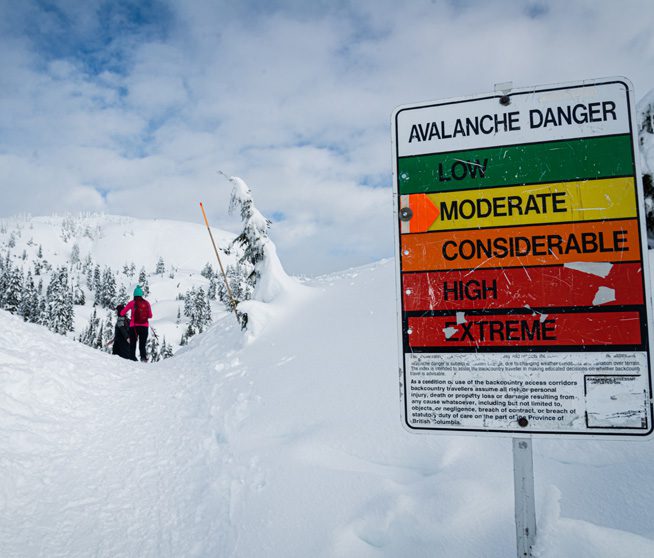What Duties are Imposed on Ski Operators Under the Ski Safety Act?

While individual skiers have many duties and responsibilities to help prevent accidents on Colorado’s slopes, many factors are out of their hands. Ski operators also must do their part to avoid accidents and severe injuries under the Ski Safety Act. However, since both skiers and ski operators have several legal responsibilities, it can be challenging to determine who is at fault after an accident.
If you were injured in a ski accident in Colorado, an experienced personal injury lawyer can help you determine liability and hold the negligent party fully accountable for your injuries and other losses. At Mintz Law Firm, our attorneys have extensive experience assisting both local and out-of-state skiers in understanding their rights and fighting for justice. When you choose our firm, you choose an aggressive advocate for your rights, interests, and the total value of your claim.
The Legal Responsibilities of Ski Operators Under Colorado’s Ski Safety Act
According to the Ski Safety Act, ski resorts and operators owe others a duty of care to prevent harm to skiers. All ski operators must fulfill the following requirements to keep skiers safe:
- Appropriate Signage: All ski resorts must display signage indicating entrances and exits of slopes, lift weight capacities, and emergency information. Failure to post these signs may result in severe injuries.
- Regular Lift Inspection: Ski operators must inspect their ski lifts daily before opening them to the public. Frequent inspections can help operators catch maintenance issues before they can harm passengers.
- Lift Ticket Warnings: Before boarding the ski lift, passengers must receive a ticket with a printed warning about the inherent dangers of skiing. This warning also alerts skiers that the operator bears no liability for accidents outside their control.
- Snowmobile Headlights: Snowmobiles and snow maintenance vehicles must have working, visible headlights. These lights improve the visibility of drivers and alert skiers of their presence.
Additionally, ski operators have the right to revoke the privileges of skiers who are acting recklessly or carelessly. It is also essential to note that operators owe no duty of care to skiers who are out of bounds.
What Are the Inherent Risks of Skiing?
Skiers may suffer severe injuries if a ski operator fails to perform their duties. However, some ski accidents are caused by circumstances outside the ski operator’s control and are part of the inherent risks of engaging in the sport. Some inherent risks include the following:
- Changing weather conditions
- Snow conditions
- Bare spots
- Natural obstacles like rocks and trees
- Collisions with man-made objects
- Collisions with other skiers
- Failure to ski within their abilities
If the ski operator could have prevented your accident, they may bear liability for your injuries and other accident-related losses. At Mintz Law Firm, our attorneys thoroughly investigate every case to determine the cause of the victim’s accident and hold all liable parties accountable.
Contact a First-Class Ski Accident Attorney at Mintz Law Firm
Regardless of the cause of your accident, an experienced ski accident attorney may be able to help you recover damages from the negligent party. At Mintz Law Firm, we are dedicated to helping local and visiting skiers achieve favorable outcomes for their claims. Our founder, David J. Mintz, has over 35 years of experience protecting the rights and interests of ski accident victims like you. When we take your case, we pledge to be 100% honest and transparent as we fight for you. To learn more about how we can help you and schedule a free consultation, call us today at (303) 462-2999 or complete our online contact form.
